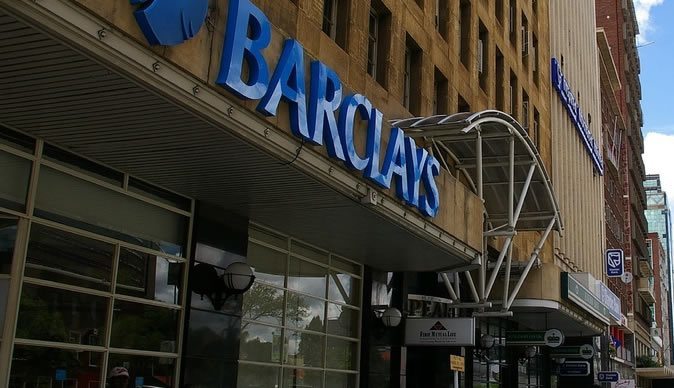
Barclays Bank managing director George Guvamatanga said the country has been reduced to a merchant economy because of “necessity entrepreneurs” who are in business merely for survival.
By Our Staff
Speaking at the 2014 Enactus Zimbabwe National Competitionon on Friday, Guvamatanga said the high unemployment rate had contributed to the situation.
Enactus is a worldwide organisation whose mission is to promote youth productivity, enabling them to build a successful future for themselves and their communities. It has a membership of 39 countries and Zimbabwe is included.
A competition is held every year with 10 universities in the country and the winner represents the country at the Enactus World Cup.
“There are more necessity entrepreneurs rather than opportunity entrepreneurs in the country and we see a situation where people run tuckshops in order to compete with bigger retail stores.With such thin margins they cannot go far,” Guvamatanga said.
“It is encouraging to note that students pursue initiatives aimed at transforming lives through innovation despite the economic challenges prevailing. You have indeed left permanent marks in communities in which you operated.”
He said the price of financial independence would be satisfying the unmet needs of society and relying on the knowledge that passive income will give people financial independence.
- Chamisa under fire over US$120K donation
- Mavhunga puts DeMbare into Chibuku quarterfinals
- Pension funds bet on Cabora Bassa oilfields
- Councils defy govt fire tender directive
Keep Reading
“There are many dimensions of financial independence. It is basically a state where one has wealth without working for basic needs.
“However, the majority of people in Zimbabwe simply cannot afford not to go to work,” said Guvamatanga.
Speaking on the sidelines of the event, Enactus Programme coordinator Fungai Manase said the worldwide competition would be held in China, in October this year.
“We look at entrepreneurial action for the greater good.Teams go out into the communities and do projects with the less privileged and teach them basic financial literacy and business skills which they can use to make an impact,” she said.










